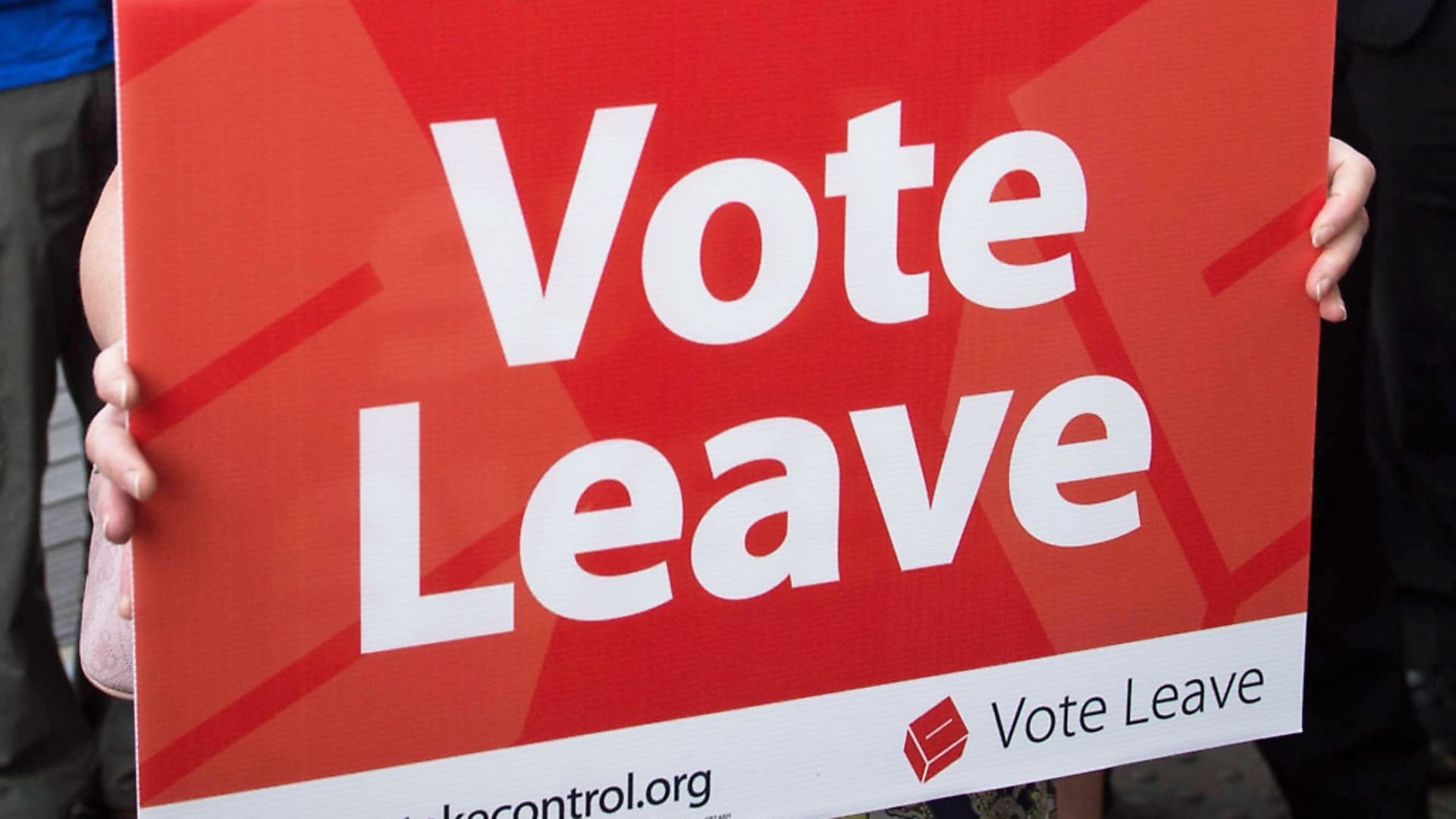
Wales was the only devolved nation to vote Leave. But, says Geraint Talfan Davies, all suggestions are that it has changed its mind
In the 2016 referendum Wales was the one devolved nation that did not hitch its wagon to the Remain cause. Devolution notwithstanding, the result seemed to underline the concept of ‘England and Wales’. But was that really the case? Why did Wales not vote the same way as Scotland and Northern Ireland? And which way will it jump if the People’s Vote campaign succeeds?
First, some hard, and perhaps surprising data. In 2016, across England and Wales, Wales scored the lowest Leave vote (52.5%) of any region outside London and the south east. The highest Leave vote in Wales was in Blaenau Gwent, one of the poorest local authorities in the country. But it was only 62%. There were 75 other constituencies with higher Leave votes – all of them in England.
The Welsh capital, Cardiff, recorded a marginally higher vote for Remain than London. Across the whole of Wales, a country of three million people, the Leave majority was only 82,000. And this was in circumstances where elections to the National Assembly a few weeks earlier – after 18 months of hard campaigning – had left party workers in the three main pro-EU parties exhausted. It was not helped either by the lack of indigenous media in Wales, and the country’s reliance on London newspapers.
These figures will surprise many, since the south Wales valleys constituencies that accounted for a quarter of the total votes cast in Wales have been described as the largest area of multiple deprivation in Europe. If ever there was a ‘left behind’ area, this was it. The sense of deprivation is substantial and of unconscionably long standing. And yet the Leave vote was substantially lower than in the Midlands (59%) or the north east of England (58%).
So what has changed? To go by the most recent YouGov poll in Wales – a sample of 1,000 in August – there has been a swing to Remain, although not a large one. It is now 51-49 for Remain. But beneath that top line lies a pit of disillusion: 82% believe the Brexit process has been a mess; 73% think that Brexit promises will be broken; 64% blame the government, and twice as many believe that Brexit will make Wales economically weaker rather than stronger (45%-22%). Only 16% think we will get a good deal at the end of it all. Support for a People’s Vote stands at 44%, with 36% opposing. The only explanation for the inconsistency between the marginal top-line figure and the bigger numbers of the underlying data is that many have tuned out.
A third of Labour’s 29 Welsh MPs are already backing a People’s Vote loudly, with another five doing so more discreetly. And these are not just MPs for Remain constituencies. The four Plaid Cymru MPs, too, are backing a People’s Vote, as well as one Conservative MP, Guto Bebb, who spoke forcibly at a People’s Vote rally in Cardiff recently. Two other Tory MPs, Stephen Crabb and Simon Hart, are natural Remainers.
Yet another dimension to Welsh politics at present is that Labour and Plaid Cymru are both now in the middle of leadership contests. For the three contestants in the Plaid Cymru race – Adam Price, Rhun ap Iorwerth and the current leader, Leanne Wood – it is straightforward. All are opposed to Brexit and want a new referendum.
The task of finding a successor to Labour’s Carwyn Jones, is more nuanced, not helped by an absurdly long process that will not deliver a result until December 5. So far there are only two candidates – finance minister Mark Drakeford and health minister Vaughan Gething – although there are moves afoot to ensure that Eluned Morgan, a former MEP, also gets on the ballot. Gething and Morgan are avowedly for a People’s Vote. Front runner Drakeford has, until recently, been more cautious, partly because, as finance minister, he has to handle the negotiations with the UK government on Brexit. But he has said recently there should be a new referendum ‘if workers’ rights are not protected’.
This means that all three are now one step ahead of the outgoing first minister, who has irritated several members of his own government with his preference for a general election before any new referendum. As both a lawyer and first minister, Carwyn Jones has made the constitutional issues raised by Brexit a constant theme. So much so that some argue that he is more interested in the constitutional implications than in Europe per se.
When these elections are settled, expect Wales to take a more robust stance, and for good reason. For the last two decades Wales has benefited more from EU funding than any other part of the country. If Brexit comes to pass it will face a double jeopardy: the loss of EU funding at the very time that the devolution of taxation makes the Welsh Government’s funding less secure, especially if Brexit produces an economic downturn. That is why, underlying all this in Wales – certainly for the political class – is fear of the impact that Brexit could have on the devolution settlement, through a re-centralising thrust from a UK government giving full rein to traditional metropolitan myopia.
Geraint Talfan Davies is chairman of Wales for Europe and author of Unfinished Business, Journal of an Embattled European









